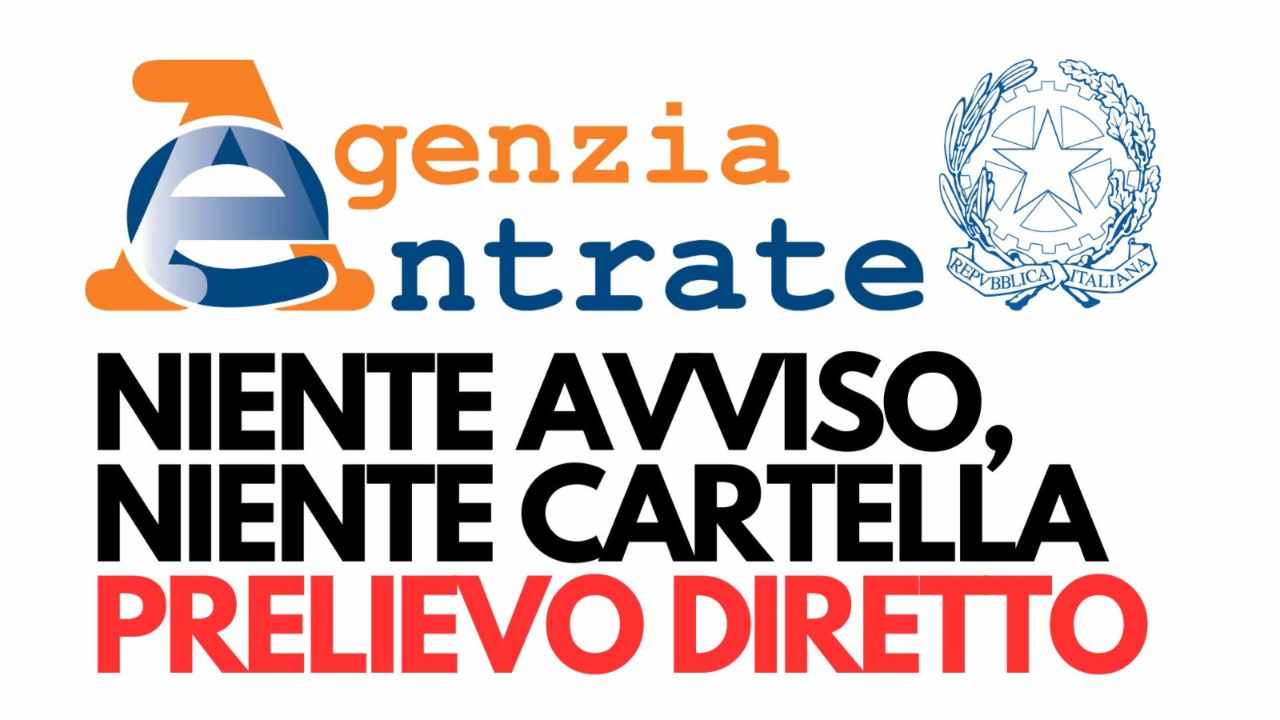The European Commissioner for Home Affairs, Ylva Johansson, spoke of a “historic agreement”, the head of the Ministry of the Interior, Luciana Lamorgese, said she was satisfied, but there was no reason for Italy to be happy about the agreement reached yesterday in Luxembourg among the interior ministers of the 27 EU countries European Union on the resettlement of migrants who land on the coasts of countries bordering the Mediterranean Sea. Yes, because the start of the compulsory redistribution of migrants was not signed, but the “Malta Bis” agreement was created which, by providing voluntary relocation by EU countries, caused failure. The vast majority of immigrants remained in Italy. All this is in solidarity with words, but – and it is well known – between saying and doing there is a sea in between.
The new agreement, at least, puts a patch on it and proves that those who don’t want immigrants on their lands will be burdened with financial support for the first landing country. This is why French Minister Gerald Darmanin talks about “financial and human solidarity”. In short, we have not even considered the desired automatic mechanism for the redistribution of immigrants who will remain in Italian territory, with all due respect to Italians and many of the same immigrants who wish to go abroad, but on the other hand, Italy will receive an additional amount of money that is compulsorily paid by Those who would rather pay than face the phenomenon of migration.
The first landing countries will then remain on the back of the tasks of identifying those who disembark with the consequent entry of data into Eurodac, the European database of fingerprints of asylum seekers and foreigners who have entered illegally and reside without rights in the EU. The Regulation on the Screening of Non-European Citizens, proposed by the European Commission in September 2020 as part of the new agreement on immigration and asylum, provides for a revision of the rules to ensure greater security for states. Fifteen of the 27 countries have joined the agreement, the so-called “solidarity platform” which must meet again in the next few days to codify what was decided. Minister Lamorgese sees everything as positive, speaking of “strategic progress towards a European policy of joint management of migratory flows that is balanced and inspired by principles of solidarity and responsibility” and believes that this agreement favors “mainly Member States that must deal with disembarkations after Search and rescue operations in the Mediterranean and along the Western Atlantic Route.
On the other hand, the M5s senators of the European Policy Commission, group leader Petro Lorevic and members Gianluca Castaldi, Gianmarco Corbeta and Sabrina Ricciardi, highlight the flaws in the agreement: “This summer too, which will be decisive because of the food crisis in Africa – they say – Italy will leave Italy.” Alone in the first reception of immigrants, it will have to take care of the initial registration of new arrivals, and in the second, with the exception of some limited and voluntary transfers.The danger is that this system, which stipulates that those who do not want to accept their share of immigrants provide economic aid to the host countries They are paying our country to become a refugee camp in Europe.”

“Coffee fan. Tv specialist. Social media aficionado. Zombie geek. Evil analyst. Web expert.”







More Stories
The European Parliament calls for a halt to Russian interference, but the FDI Fund, the League and the Five Star Movement abstain. Gozi: “Here is the pro-Putin party.”
Spain, corruption investigations into the wife of Prime Minister Sanchez. It's a storm, are you going to quit? – the weather
Forest City, a completely abandoned $100 billion city